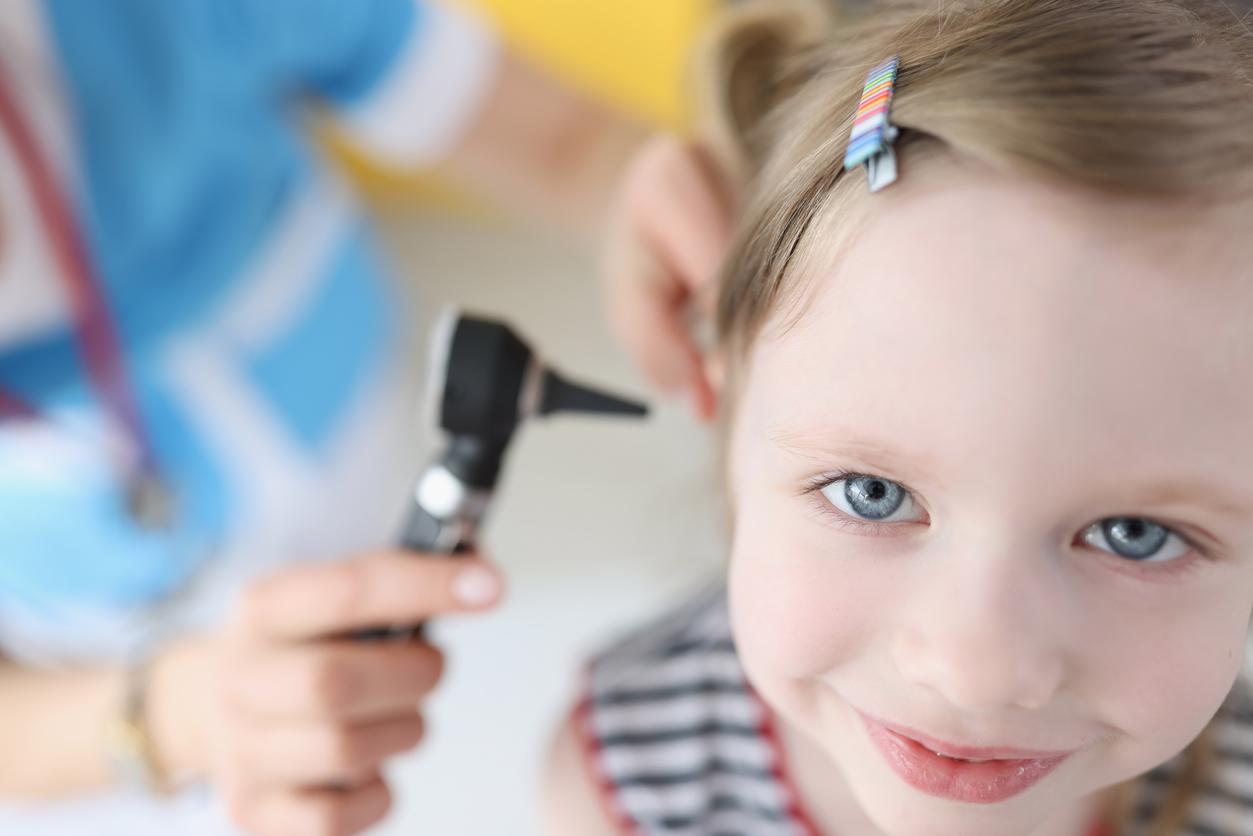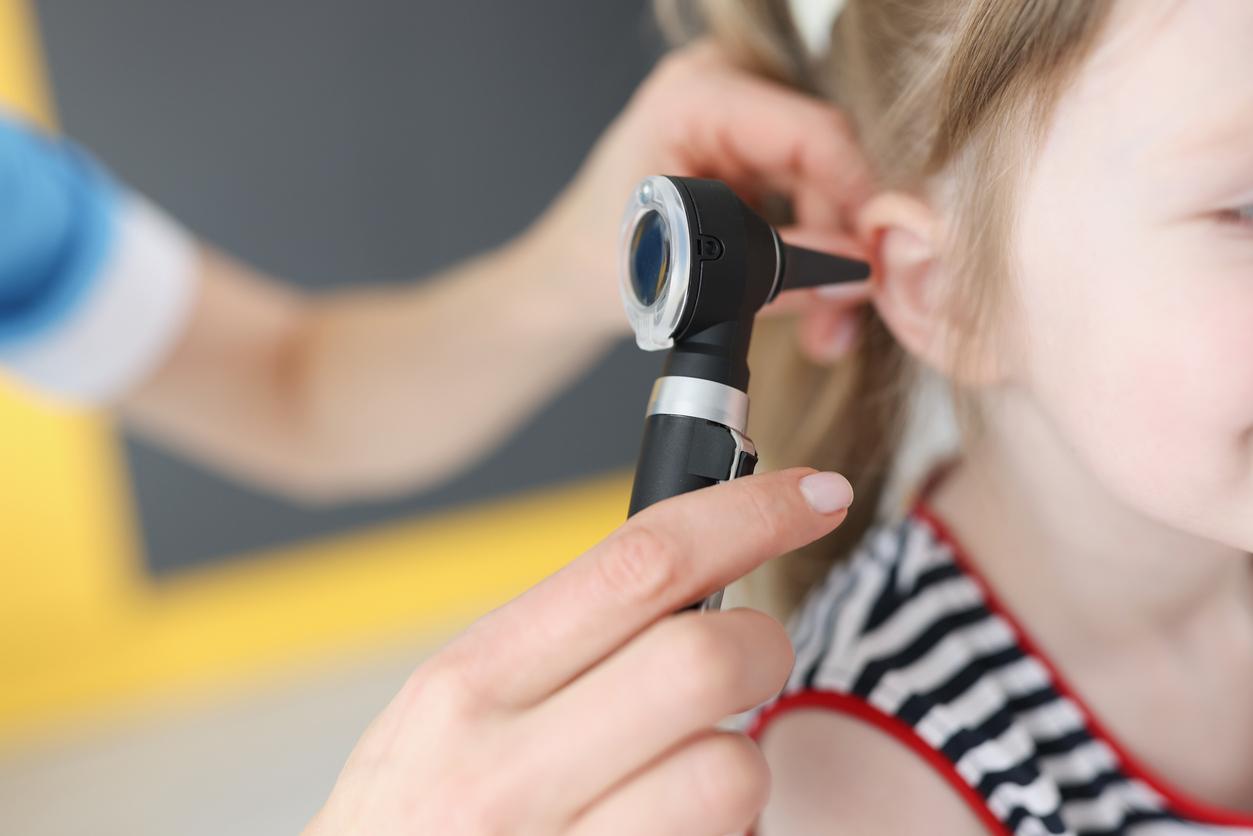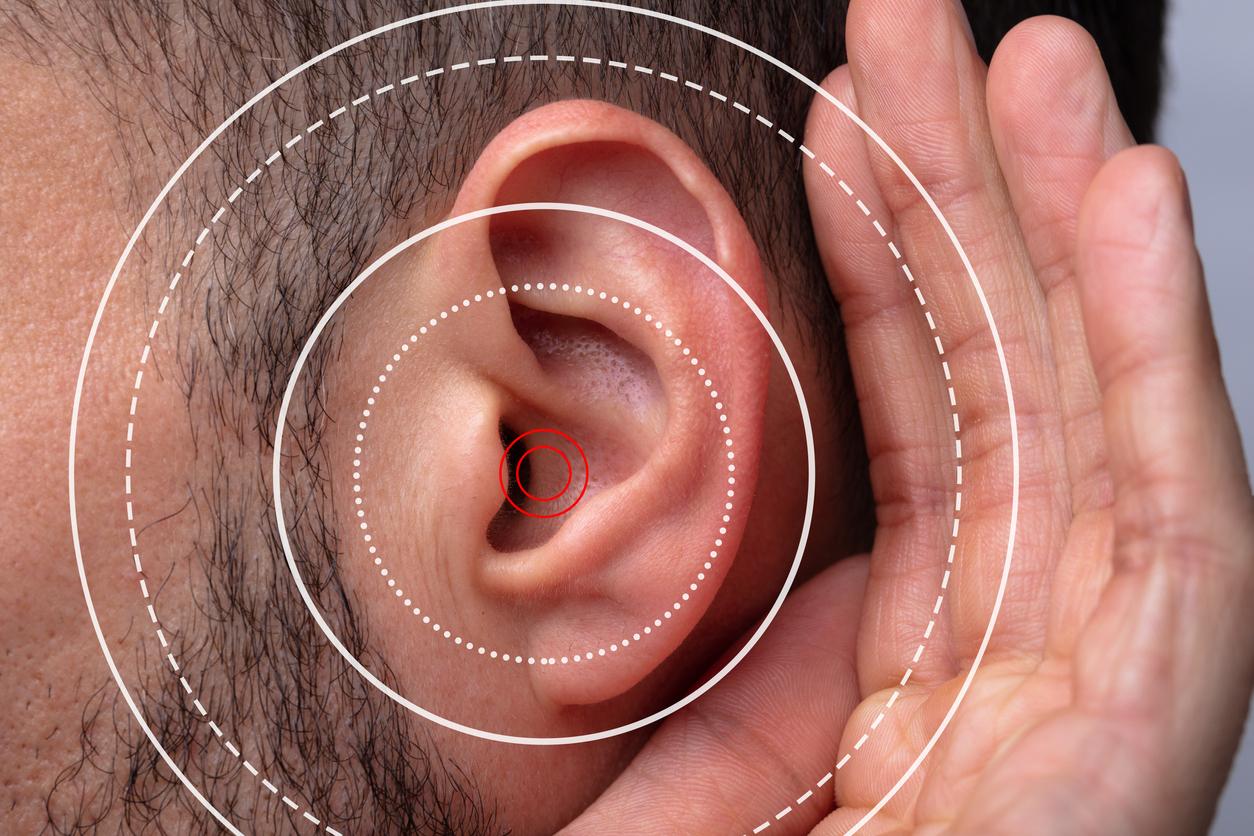Mumps is a disease caused by a virus, the mumps virus, which is passed from person to person through droplets of saliva. This virus mainly infects the parotid glands, the salivary glands located behind the jaws, under the ears, hence the name of the disease. It can sometimes also infect the envelopes of the brain (the meninges), the pancreas, and from puberty the testes and exceptionally, the ovaries.
The risk of contagion is high one week before and one week after the onset of the first symptoms. Like most childhood illnesses, you only get mumps once in your life, with the first infection conferring strong immunity.
What are the symptoms of mumps?
Two to three weeks after infection, symptoms appear but they may be subtle or even nonexistent. Parotitis (inflammation of the parotid salivary glands) is characteristic of mumps. Swelling appears in front of the ears, on one side and then both. Chewing or swallowing becomes painful. A moderate fever and headache may also occur.
While the disease primarily occurs in children, mumps also affects adolescents and young adults. In this case, the mumps is more severe and its consequences more serious.
What are the complications of mumps?
Complications from mumps are relatively rare (4% of those affected) but serious.
- THE’orchitis (inflammation of the testicles) andoophoritis (inflammation of the ovaries), with high fever and abdominal pain, can lead to infertility.
- The pancreatitis (inflammation of the pancreas) causes vomiting and abdominal pain.
- The meningitis (inflammation of the brain envelopes) occurs frequently but is well tolerated and resolves spontaneously. Rarely, it can be complicated by a encephalitis (inflammation of the brain) which is manifested in particular by fever, vomiting, stiff neck and disturbances in consciousness.
- THE’auditory nerve damage is exceptionally possible, causing permanent deafness.
What are the treatments for mumps?
The treatment of uncomplicated forms aims to calm fever and pain with paracetamol (aspirin and ibuprofen should be avoided). Liquid or mixed foods may be offered in case of pain when swallowing or chewing.
How to prevent mumps?
Vaccination is strongly recommended in all children with a first dose at 12 months of age and a second at 16-18 months.
The mumps vaccine is well tolerated. It is associated with vaccines against measles and rubella, it is the MMR vaccine for measles mumps rubella, fully reimbursed by Health Insurance.
Mumps in pregnant women
During pregnancy, mumps does not cause fetal malformations but causes an increased risk of spontaneous abortion. If a pregnant woman is exposed to the mumps virus, an injection of immunoglobulins (antibodies) may be prescribed to support the immune response.
Please note that pregnant women should not receive an MMR vaccine. However, inadvertent vaccination in a woman who did not yet know she was pregnant does not justify termination of pregnancy.
source: © EurekaSanté by VIDAL
Information on pathologies and treatments is updated every day.
.















